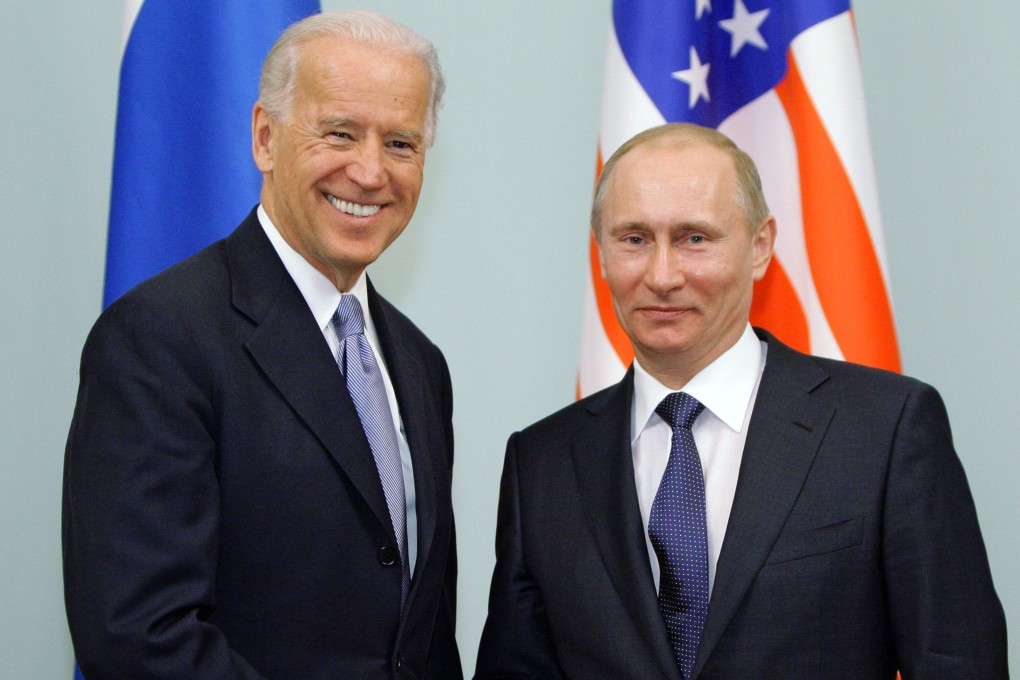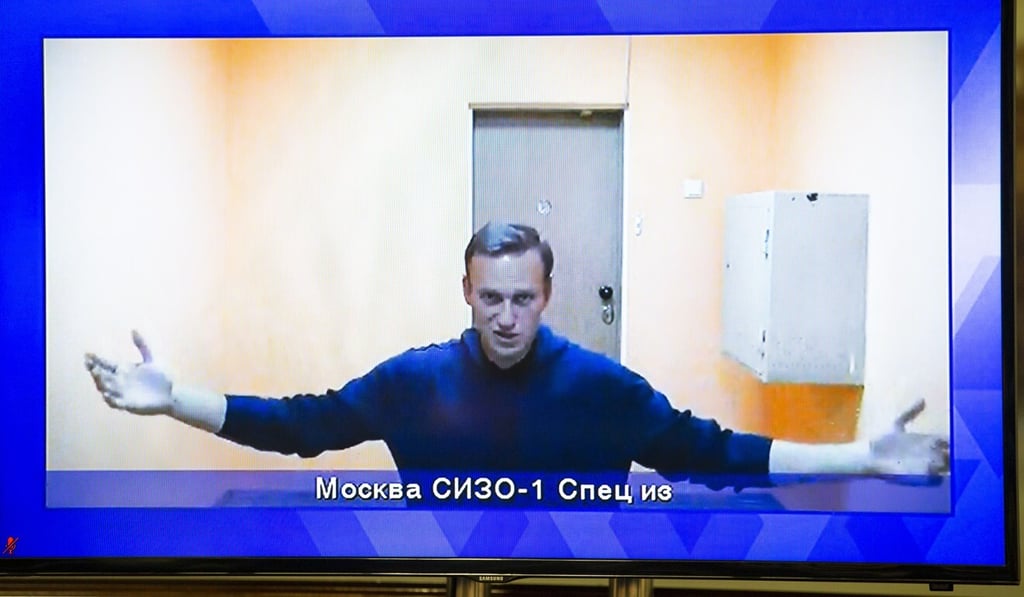Editorial | World a safer place as Joe Biden backs nuclear arms and climate change deals
- In reversing the stance of his predecessor on New START warheads pact, the US president has also shown cooperation still exists between Washington and the Kremlin

Nuclear arms proliferation and climate change are abiding threats to global security. US President Joe Biden reversed predecessor Donald Trump’s stance on both in his first few days in office. After Biden rejoined the international Paris Agreement on fighting climate change, nuclear arms control prompted his first call to Russian President Vladimir Putin.
The New Strategic Arms Reduction Treaty (New START), a five-year deal that caps the US and Russian arsenals of nuclear warheads and provides for verification of compliance, expires on Friday. Renewal has been jeopardised by Trump’s demands for Chinese involvement, a one-year extension and tougher verification of Russian compliance.
It is an example of the difference between Biden and Trump on multilateralism, including disarmament pacts.
Many other issues divide the Biden administration and the Kremlin. Relations are fraught amid the massive cyberattack targeting federal agencies, interference in US elections, “aggression” against Ukraine and human rights. The latter includes the treatment of opposition leaders and the alleged poisoning of the now jailed Alexei Navalny.

But, thankfully, the two showed they could still cooperate on nuclear issues. Biden reciprocated Putin’s offer of a five-year extension of START and the two aim to wrap it up this week.
